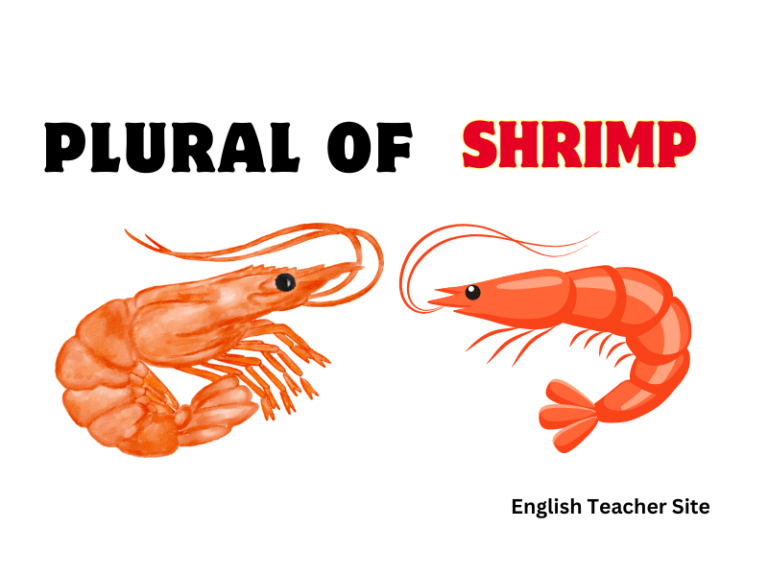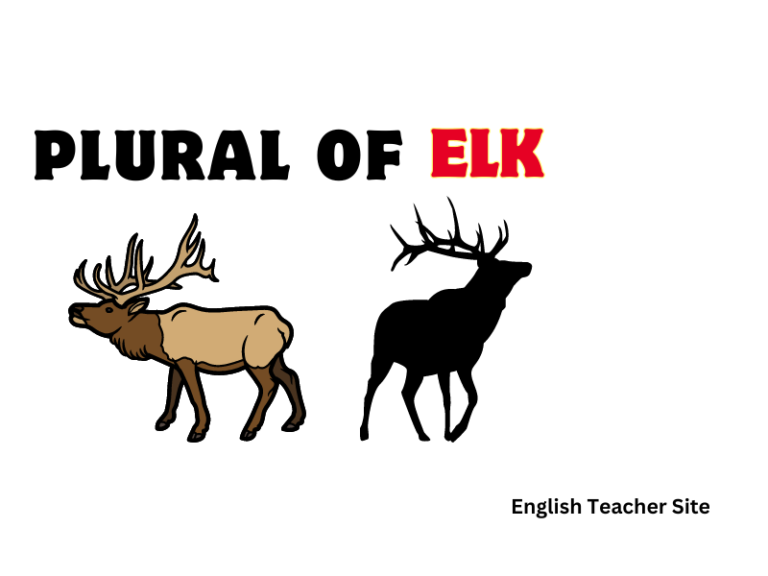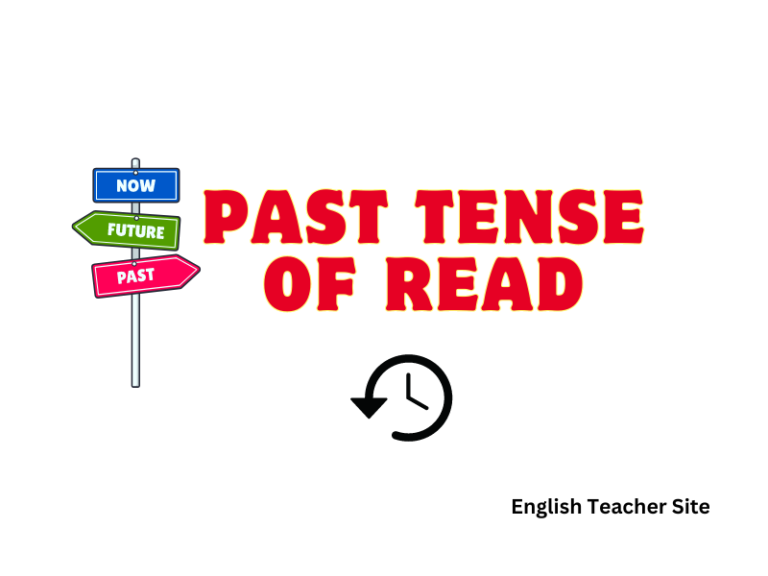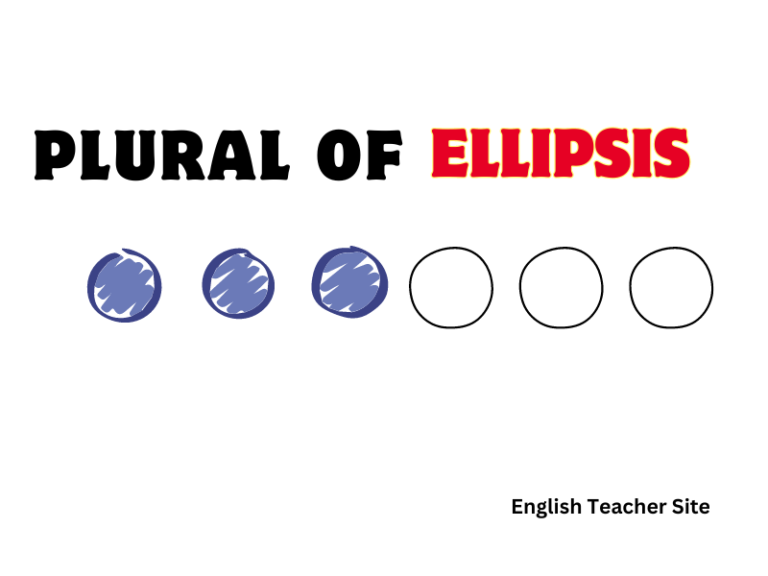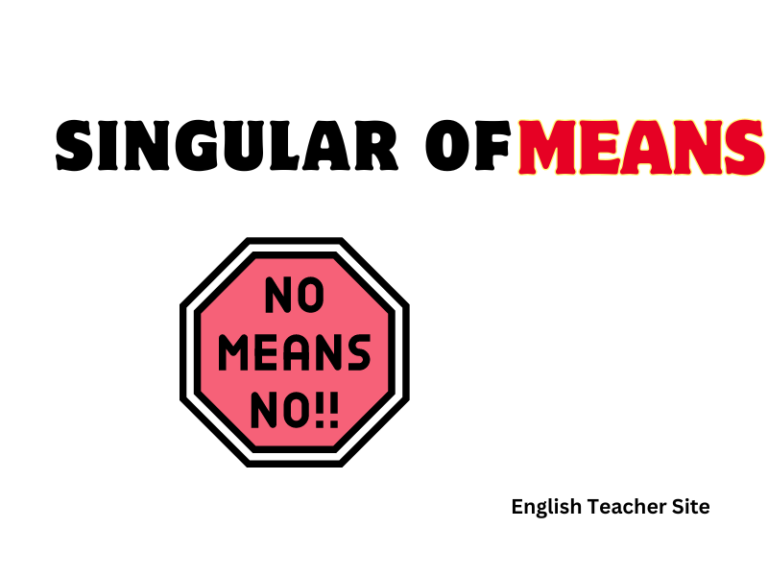What’s the Plural of Offspring: Understanding Singular and Plural Forms
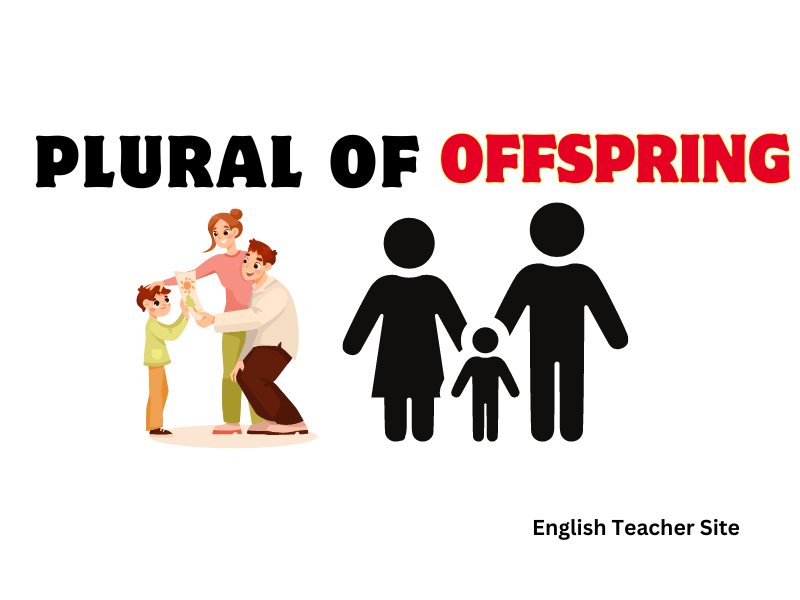
- “Offspring” serves as both the singular and plural form of the noun.
- This noun is a mass noun, which does not change in pluralization.
- Understanding “offspring” reduces confusion with collective nouns.
The word “offspring” refers to the young born to a parent or parents, applicable to both humans and other living organisms. In English, both the singular and plural forms of “offspring” remain the same. This characteristic is not unique to “offspring,” as it is shared by other mass nouns in the English language, which do not typically receive an “s” or “es” to denote their plural form.
What’s the Plural of “Offspring”?
Singular and Plural Forms:
- Singular: offspring
- Plural: offspring
Usage in Sentences:
- Singular: The panda bear is caring for its offspring.
- Plural: The panda bear is caring for its offspring.
Examples of Mass Nouns:
| Singular | Plural |
|---|---|
| furniture | furniture |
| information | information |
| offspring | offspring |
As indicated in the table above, each of these nouns remains unchanged regardless of whether they refer to a single item or many.
When using the term offspring in various sentences, the context makes it clear whether one is referring to a single entity or multiple entities.
Contextual Usage:
- A single child: The tiger is fiercely protective of its offspring.
- Multiple children: The turtle lays hundreds of eggs, but not all will become viable offspring.
What’s the Singular of “Offspring”?
When analyzing the term “offspring,” it is commonly recognized as both singular and plural. This linguistic phenomenon is known as an unchanging noun, which means it does not alter form whether referring to one or multiple progeny.
Characteristics of “Offspring”:
- Function: Can serve as both singular and plural.
- Form: Remains constant; does not end with -s or -es in the plural.
- Usage: Applicable to both individual and multiple descendants.
The following tables outline the usage of “offspring” in a sentence, demonstrating its role as a singular noun, and then comparing its role as a plural noun.
As a Singular Noun:
| Sentence Construction | Example |
|---|---|
| Subject Singular + Verb Singular | The zebra’s offspring is grazing. |
| Singular Article + Offspring + Verb | An offspring of the lion roars. |
As a Plural Noun:
| Sentence Construction | Example |
|---|---|
| Subject Plural + Verb Plural | The zebra’s offspring are grazing. |
| No Article + Offspring + Verb | Offspring of the lion are expected in spring. |
- Discussing one child, one might say: “Her offspring is playing in the yard.”
- Referring to multiple children, one could state: “Her offspring are all talented musicians.”
Defining the Word “Offspring”
Offspring refers to the progeny or descendants of a living organism. It denotes the children or young of a particular person or animal, encapsulating both a single child and multiple children within its definition. This term is unique in that its singular and plural forms are identical; thus, “offspring” serves to describe both one and multiple descendants.
The term possesses a wide range of use, extending to both human and non-human entities. For example, it is common to speak of a plant’s seeds or a lion’s cubs as offspring. While less frequently used, some sources may include “offsprings” as an alternative plural, though this variation is inconsistent with the predominant usage observed in authoritative linguistic references.
Usage in English:
| Singular | Plural |
|---|---|
| The offspring | The offspring |
Examples in Sentences:
| Singular Usage | Plural Usage |
|---|---|
| The offspring of the plant is hardy and resilient. | The offspring of the zebra include several foals. |
| She has one offspring who has inherited her artistic ability. | They have three offspring, all pursuing careers in different fields. |
Other Mass Nouns
Mass nouns can be tangible, like water or rice, but they can also be abstract concepts such as information or advice.
Common Mass Nouns in Food and Substances
| Singular Form | Description |
|---|---|
| Water | A fluid necessary for life; no plural form |
| Rice | A staple grain; counted in grains, not plural |
| Bread | A baked food; uses ‘loaves’ for multiples |
When referring to these nouns in a quantifiable context, people often use measuring words, like a cup of water or a bag of rice.
Abstract Mass Nouns
| Singular Form | Description |
|---|---|
| Advice | Guidance or recommendations offered; no plural form |
| Knowledge | Information and skills acquired; remains unaltered |
Abstract mass nouns represent concepts or ideas, which cannot be counted individually. Instead, they are quantified using phrases such as a piece of advice or a body of knowledge.
Common examples of mass nouns used in sentences:
- She gave a lot of thought to the problem.
- There is not enough evidence to prove the case.
- The music at the concert was exhilarating.
Examples of the Word “Offspring” Used in Sentences
Examples in Context of Family and Humans:
| Singular Use | Plural Use |
|---|---|
| She was proud of her offspring, a diligent doctor. | The farmers were visited by all their offspring during the holidays. |
| His offspring inherits his blue eyes. | He often boasted about the achievements of his offspring. |
Examples in Context of Animals and Plants:
- Singular Use: The lioness stays with her offspring for about two years.
- Plural Use: The botanist examined the offspring of the rare plant.
Notice how the context clarifies whether “offspring” refers to an individual or multiple descendants, despite the term itself remaining unchanged.
“offspring” maintains uniformity across singular and plural forms. This characteristic is shared with words like “sheep” and “species,” where the single and multiple entities are denoted by the same term. This often leads to careful consideration of context to determine the exact meaning when the word is in use.
Origin of the Word “Offspring”
Etymology
“Offspring” is a compound word, formed from the Old English elements “off,” meaning “away from,” and “springan,” which means “to spring.” This compound succinctly conveys the idea of a new generation springing forth from the previous one.
| Element | Meaning |
|---|---|
| Off | Away from |
| Springan | To leap, to burst forth |
The lineage of the word can be traced back to Proto-Germanic, showcasing its ancient heritage. In its original form, it didn’t refer solely to human descendants but included the young of animals and plants as well.
Development Over Time
Over time, “offspring” has maintained its role in describing descendants and progeny. Below is a summary of its usage:
- It denotes the immediate descendants of a person, animal, or plant.
- The word can imply a single descendant or multiple descendants, remaining singular in form even when referring to more than one individual.
- The concept of “springing forth” is inherent, touching on the natural progression of life.
Modern Usage
In modern usage, “offspring” is still very much employed in both formal and colloquial contexts. It emphasizes the relationship between one generation and the next, standing as a testament to continuity and heritage.
Sources
My name is Khamis Maiouf. I am the creator of the English Teacher Site, dedicated to providing valuable resources and insights for students around the world. With a passion for education and a commitment to helping students enhance their skills, I aim to make English teaching more effective and enjoyable for both educators and students.

